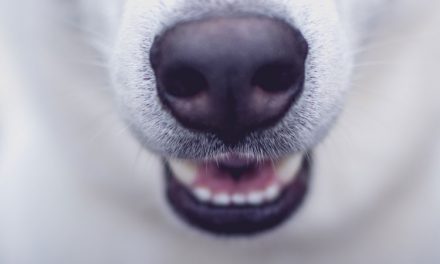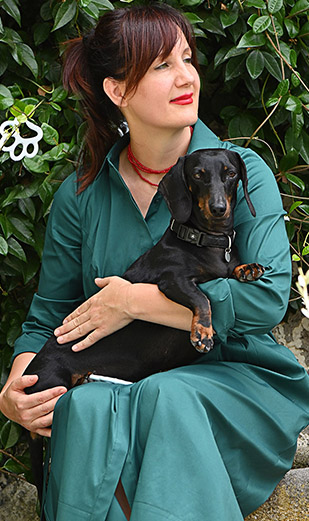The veterinary has the responsibility of our pets vaccinations. A thorough examination will determine if it is better to preceed with a vaccine or, if health conditions are not optimal, to postpone it. Timing of injections are not random but they are determined by specific immunological epochs. Before the two months, for example, it is not appropriate to inoculate a puppy that is still protected by maternal antibodies passed to the placenta or mother’s milk.
Other individual or casual reasons could compromise effects of vaccine coverage. Random reasons depends only on the vaccine. It could be poorly active because of production defects, transportation, bad preservation and time limit. We have to write the number of the lot on the vaccine book in order to track easily the vaccine.
There are also reasons caused by individual answer. There are different type of subjects: non responder subjects in which immunitary system that produces antibodies, doesn’t respond correctly to the vaccine and doesn’t protect them.
There also are low or poor responder subjects that give an immunitary response but don’t reach the optimal threshold. Finally there are low responder subjects that need more doses of the vaccine untill they reach the protective dose. But don’t be allarmed! There are not many low responder subject.
Most of pets have an adequate response to doses and programmed injections. The planning can be modify in accordance with major or minor risk of infection in the place where the subject lives or the validity of the vaccine. For example, the booster of Anti-rabies vaccination is given every three years.
On normal subjects, it can happen that, vaccine can’t be injected because of ongoing desease or because the subject is emaciated and exhausted as a consequence of unfavourable reaction during the last vaccine, or because there is a lack of time caused by trip or moving, or in every other situation that are not recommended by the veterinary. In this case we can utilize a test to controll antibodies in the clinic. It only needs some drops of blood and we have an immediate results.
In this way we are sure that our Pet is protected from severe infection risks without giving him another dose of vaccine. With a simple kit we can easily verify anticorps of the two mortal desease: canin distemper and parvovirus. In the laboratory, veterinary can test antibodies for a lor of pathologies included cat’s pathologies, but diagnosis times are longer.
This rapid tests can reassure us about our pets antibodies even if the vaccine is not injected.











